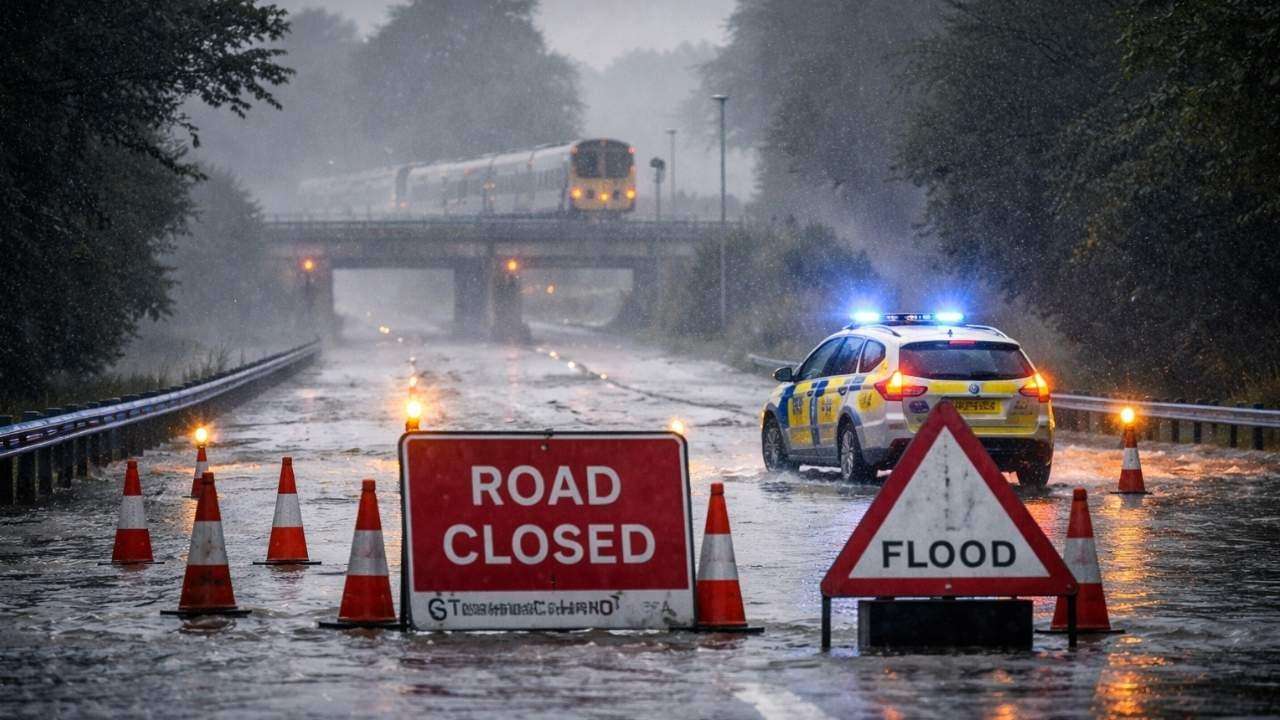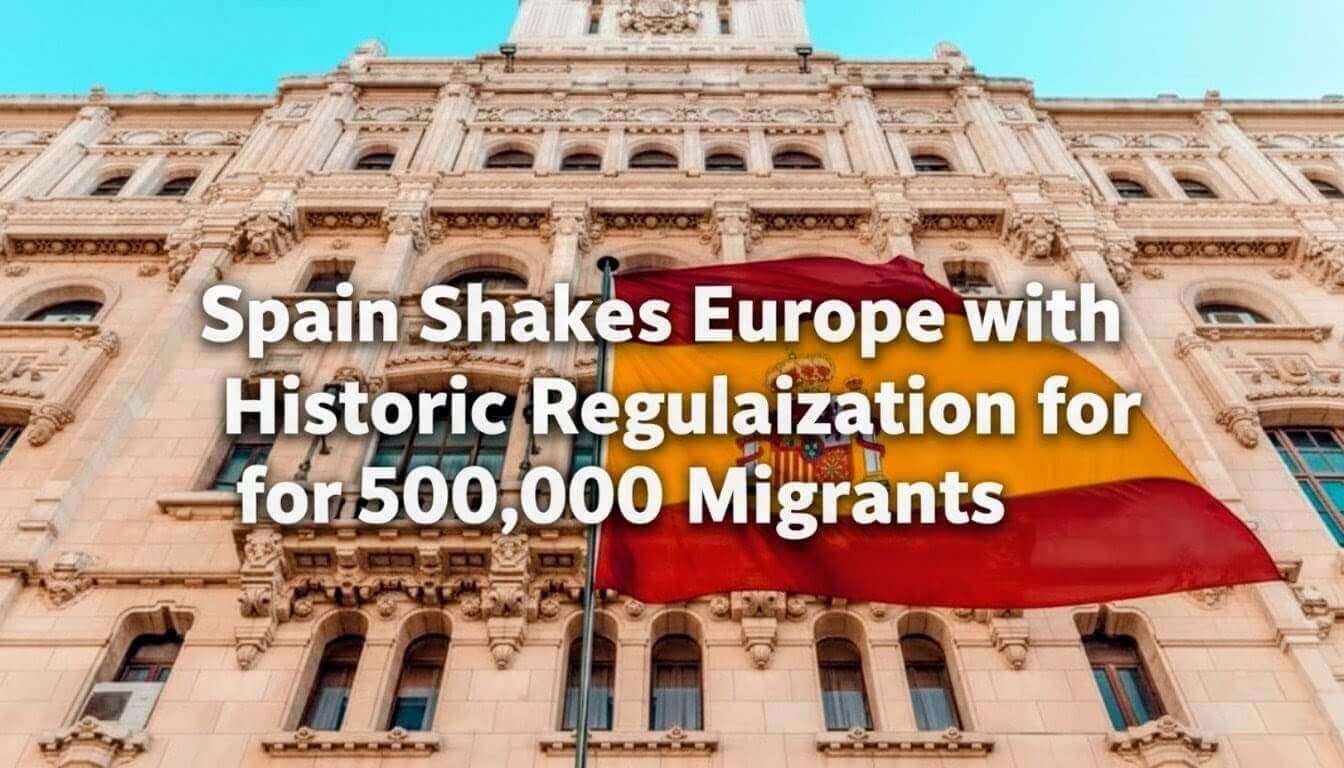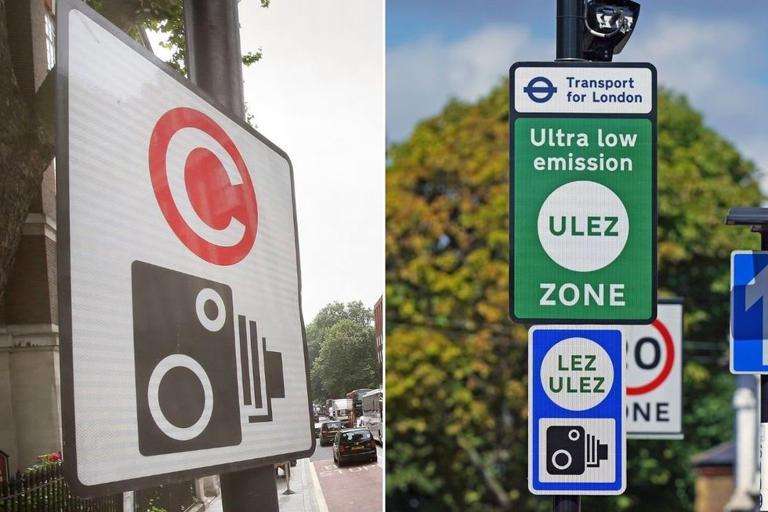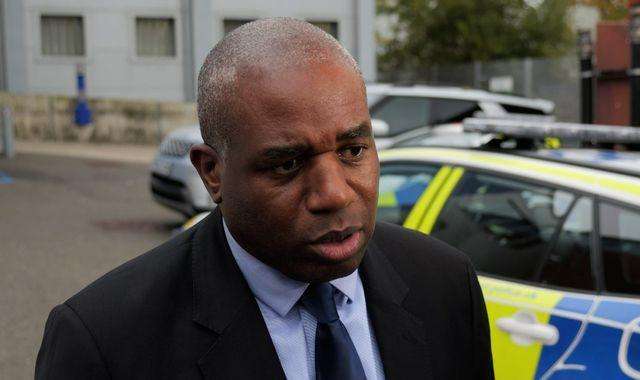A shocking new investigation reveals that a single driver in London has accumulated a staggering debt exceeding £100,000 in motoring fines over just nine months, catapulting the UK capital into the spotlight as a global anomaly for its aggressive road charging enforcement and punitive penalty structure. This eye-watering sum, owed by the owner of a relatively modest Kia Ceed, is not the result of reckless high-speed driving, but a catastrophic failure to pay the daily Ultra Low Emission Zone (ULEZ) and Congestion Charge fees, exposing the deeply flawed and financially devastating enforcement model currently operational across Greater London.
Data obtained via a Freedom of Information request pinpoints the driver's total liability at a crisis-inducing £107,000 between January and September of this year, a figure comprised of 265 ULEZ Penalty Charge Notices (PCNs) and 167 Congestion Charge PCNs. The vast majority of this debt stems from the penalties levied for non-payment, not the daily charges themselves, which are £12.50 for ULEZ (for non-compliant vehicles) and the current £15 for the Congestion Charge. A single missed payment for either zone triggers a massive £180 fine, reduced to £90 if settled within 14 days, a disproportionate jump that critics argue is designed to financially cripple, rather than simply deter.
This unprecedented level of financial jeopardy for a standard motorist raises serious questions about the UK's approach to road charging compared to its international counterparts. Across much of Europe, while speeding, mobile phone use, and drink driving penalties are often substantial, punitive schemes like London's dual environmental and congestion charging, enforced by a relentless system of Automatic Number Plate Recognition (ANPR) cameras, stand in stark contrast. For instance, common speeding fines in countries like France or Germany often start at lower amounts and, crucially, do not multiply daily into thousands of pounds for non-payment of a low daily access fee. The sheer size of the London penalty—£180 for a missed £12.50 ULEZ payment—represents an unforgiving penalty-to-charge ratio that transforms forgetfulness or financial hardship into a lifetime of debt. Even in cities with similar low emission zones, like those in Scotland, the structure is often a flat penalty for entry, not a daily fee compounded by an ever-increasing fine, and some zones operate under different entry-restriction models.
The Critique of London's 'Debt-Machine' Policy
The case of the £100,000 debtor, alongside other offenders, including a BMW X5 driver with £67,450 in ULEZ fines, serves as powerful ammunition for critics who decry London's road charging system as an unjust and regressive "fine trap." The core criticism is not aimed at the intent of cleaner air policies—which are indeed needed given the World Health Organization's air quality warnings—but at the merciless method of enforcement.
The astronomical fines disproportionately affect low-income motorists who rely on older vehicles and may struggle to afford the daily charges or the cost of a compliant replacement car. When compounded by bureaucratic errors, mental health issues, or simply the failure to receive physical penalty notices, the rapid escalation of debt becomes a public crisis. Furthermore, the sheer breadth of the ULEZ, now covering all of Greater London, means hundreds of thousands of drivers are now within the 'danger zone' of accruing fines.
Adding to the controversy, Transport for London (TfL) has already announced plans to hike the Congestion Charge daily fee to £18 and scrap the exemption for electric vehicles (EVs) from 2026, forcing even the cleanest cars to pay. While TfL argues this is necessary to ensure effectiveness, opponents see it as yet another revenue-generating measure, solidifying London's reputation as a hostile, prohibitively expensive environment for motorists across the board. The narrative has shifted from public health to punitive taxation, with London’s infrastructure appearing to prioritize income generation over pragmatic, citizen-friendly environmental transition. Without a more compassionate, nuanced, and internationally comparable fine structure, the UK capital risks becoming a dangerous financial landscape for anyone who dares to drive within its boundaries.








.svg)


